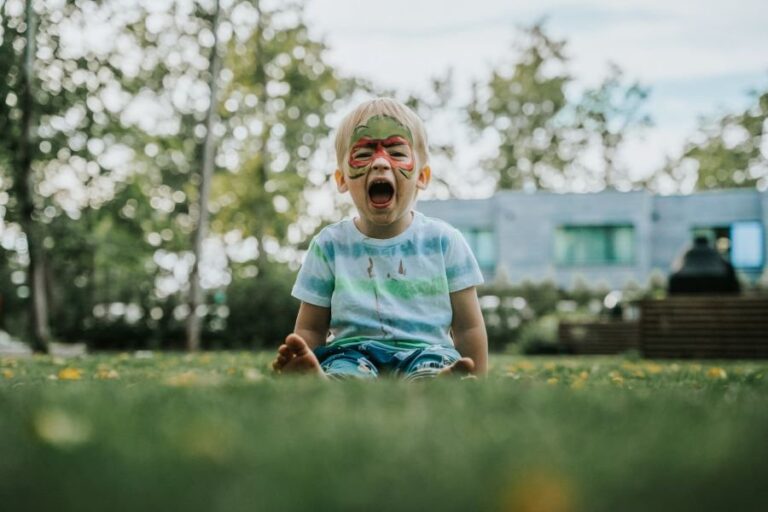Signs of Separation Anxiety
Your child may refuse to sleep alone, cry/become clingy in new situations or when you’re trying to leave.
How to Get Your Child Used to Short Separations
Short separations are important from time to time such as when needing to go to the toilet or get on with important tasks throughout the day and you should not feel guilty as a parent. What you should do however is prepare your child for them, so they feel reassured and safe during the time you’re away. Talk to them to explain what will happen, acknowledge their feelings, and comfort them by explaining that you will be back.
Smooth Transition
Also, if you’re introducing your child to a new caregiver, ensure that your little one has time to get used to them by having get-togethers where you’re also present. With practice you should notice their separation anxiety slowly improve.
Soft Toys and Blankets
Items such as their favourite blanket or soft toy can give children a sense of comfort and ease their separation anxiety.
Managing your Own Emotions
Lastly, think about how you deal with the situation yourself. Goodbyes are equally challenging for parents. Managing your own emotions and keeping calm can help them respond better to you leaving and understand that you will be coming back.



